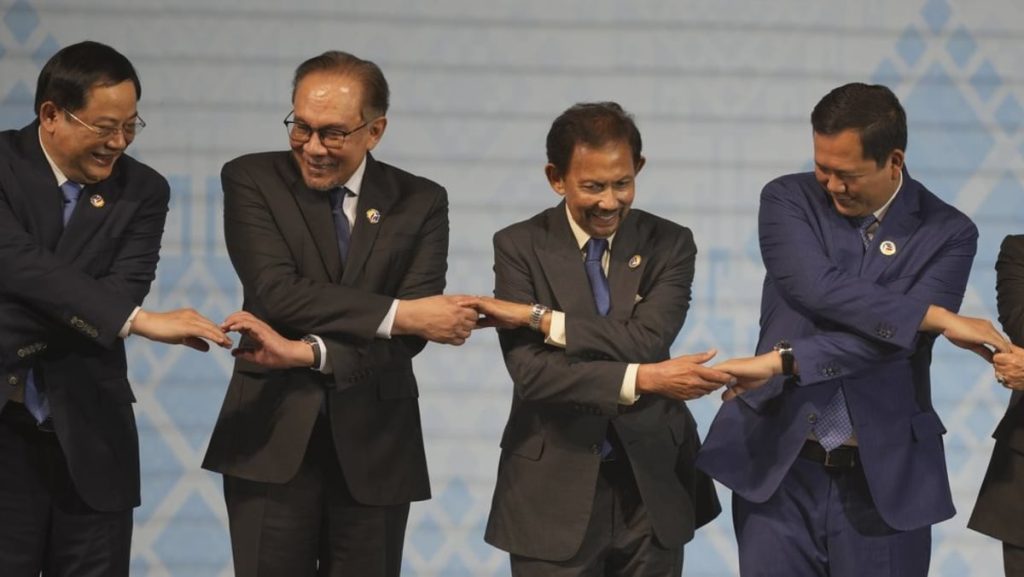During a recent trip to China, Sultan Ibrahim of Malaysia expressed praise for China’s position on Israel and peace in Palestine. Despite this alignment on certain issues, there are conflicting territorial claims in the South China Sea, with China claiming most of the sea area and several ASEAN member states also staking claims. Malaysia, along with other ASEAN countries, faces the challenge of balancing its growing ties with China while also defending its own and other ASEAN members’ sovereign rights in the South China Sea.
Joshua Kurlantzick, a senior fellow at the Council on Foreign Relations, noted that Malaysia will eventually have to navigate the delicate balance between strengthening relations with China and safeguarding its interests in the South China Sea. There may come a point where Malaysia’s stance on issues such as oil and gas development in the disputed waters will be put to the test. Maintaining a warm approach towards China while asserting its multilateralism could be a challenging task for Malaysia in the future.
As Malaysia holds a significant role as the country coordinator for ASEAN-China relations and also has territorial claims in the South China Sea, it has a vested interest in advancing negotiations for the Code of Conduct, which aims to regulate actions in the region by 2026. Malaysia is likely to prioritize pushing these talks forward, emphasizing the importance of a rules-based approach to resolving maritime disputes. However, maintaining a close relationship with China while upholding ASEAN’s collective interests may pose challenges for Malaysia in maintaining the trust of other claimant states like the Philippines and Vietnam.
In response to the crisis in Myanmar, Malaysian opposition leader Anwar Ibrahim has called for ASEAN member states to unite and take a stronger stance on the situation in the country. Following the military coup in Myanmar in 2021, the junta has faced resistance from pro-democracy guerrillas and ethnic minority armed forces. Despite agreeing to a five-point consensus plan to restore peace, the military junta has continued its crackdown on dissent and opposition to its rule. Malaysia, known for its vocal stance on human rights issues, is likely to advocate for stronger actions by ASEAN in response to the crisis in Myanmar.
While Laos, the current chair of ASEAN, has taken a more reserved approach to the situation in Myanmar, Malaysia is expected to be more outspoken and push for stronger measures to address the ongoing crisis in the country. Malaysia has previously criticized ASEAN’s weak response to the Rohingya repression in Myanmar in 2017, indicating a history of taking a stand on human rights issues. As Malaysia continues to navigate its role in ASEAN and its relationships with China, its willingness to speak out on human rights concerns in Myanmar demonstrates its commitment to upholding principles of democracy and human dignity within the region.













